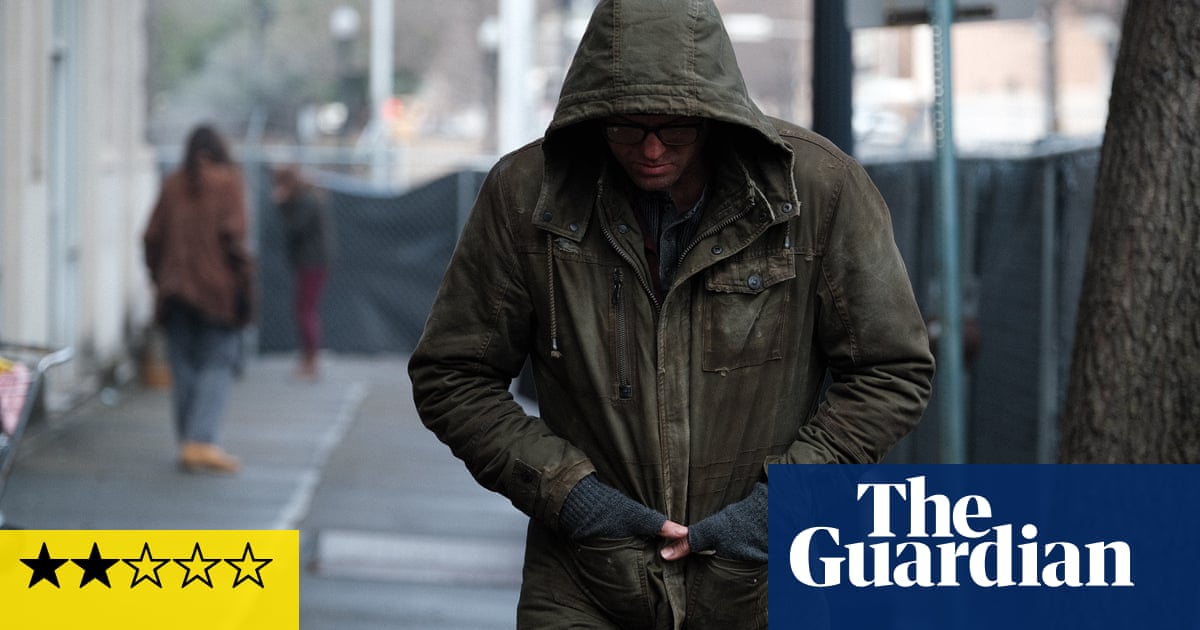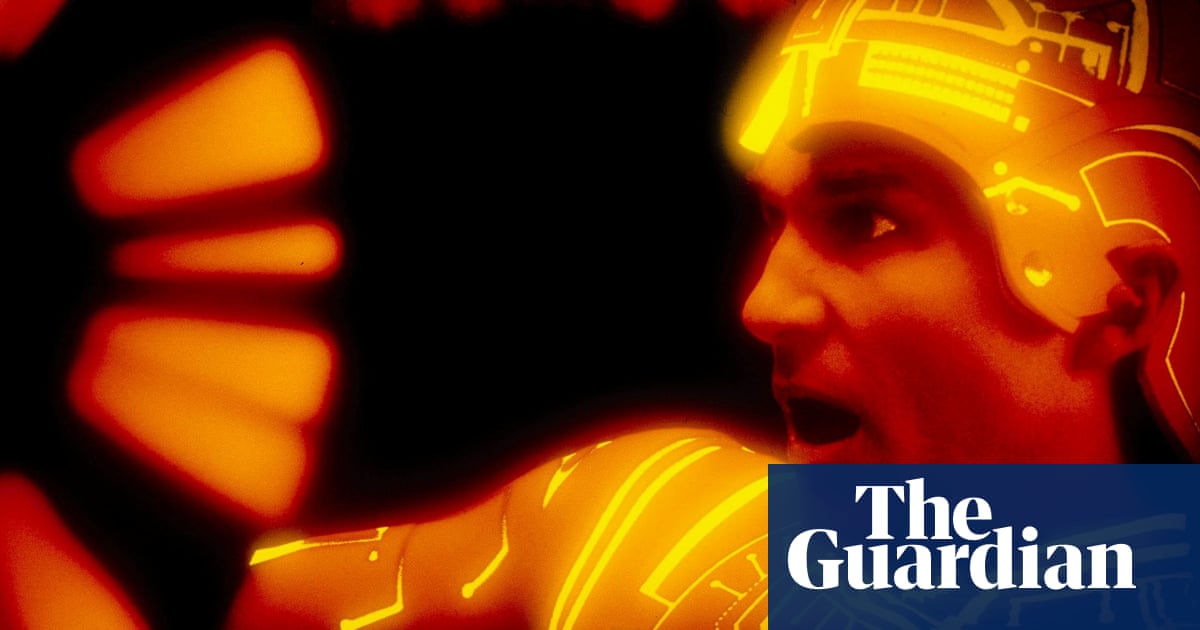
ook, the first three episodes are complete trash. Push through those though, and if you like it after that, you’ll love it.” This is something I have said about the science fiction series The 100 approximately the same number of times over the past five years. Without fail, a few days later I receive a message that says some variation of: “Ugh, fine, it isn’t bad.” Then about a week after that: “I can’t stop watching this show. How is it this good?”
I know that now doesn’t seem like exactly the right moment to talk up a show all about a nuclear apocalypse that has rendered Earth unliveable, but please bear with me. It’s worth it.
In classic sci-fi form, The 100 is set in the not-too-distant future. All that remains of the human race is a small colony living on The Ark, a space station orbiting Earth. The idea is that humans will live there, die there, and reproduce there until Earth becomes inhabitable again. Life on The Ark is harsh: all crimes are met with capital punishment, food is limited, and worst of all it’s running out of air. So the decision is made to send 100 of the population’s juvenile delinquents down to Earth years earlier than planned. If they survive, great, everyone else can follow. If not, well, more air for those who remain.
With the series about to enter its seventh and final season, you can take an educated guess at how well that goes. The show – once you push past the first three episodes – is like if Lord of the Flies were crossed with Firefly then reimagined as a soap opera. Also, as an added bonus, for an American show filmed in Canada it is very Australian. The cast has a surprisingly large number of Neighbours and Home and Away alumni, including Eliza “Janae Timmins” Taylor and Bob “my teenage self’s favourite actor on Home and Away” Morley.
As the teenagers navigate a new world and tackle the challenges of both a hostile environment and essentially having to construct their own society from scratch, the writers are able to probe topics of real depth. On The Ark everything was punitive. Take extra food – get executed. Have more than one child – get executed. What, if anything, does this group of teens owe the people left back at their former home?
Across the seasons The 100 digs into more complex territory. How can you decide if one life is worth more than another? Do you protect your own people at all costs? And then, just when you think it is all too real and feel the escapism of the show starting to get away from you, a giant mutant gorilla thing bursts through the jungle so unexpectedly that you can’t help but laugh. Or you remember that the first episode featured someone saying, in earnest, “We’re back, bitches!” and everything is alright again.
It’s the perfect balance of dark and light. The 100 makes you ask big questions like: does being a strong leader mean giving up part of your humanity? And at the same time makes you ask practical questions like: where is everyone getting shampoo and blowouts? And with all this boning, why isn’t everyone constantly pregnant?
We have our own apocalypse to worry about right now, so why watch a show that is basically all about surviving the end of the world? Well, I could happily give you a hundred reasons, but I think the most compelling one is this: it’s just very good television that will completely draw you in. It lets you think about important issues while keeping the real world at arm’s length. It’s deep without being grim, and fun without being flippant.
Filled with cliffhangers (sometimes literally), interpersonal dramas and the occasional gut-punch of a plot twist, it’s an intelligently crafted, completely engrossing series that somehow manages to distract you from the world’s problems by being all about the world’s problems.
• The first five seasons of The 100 are streaming on Netflix now











